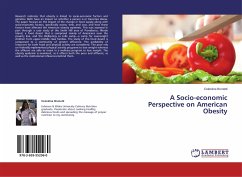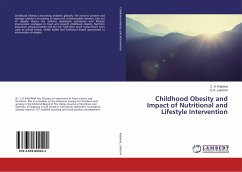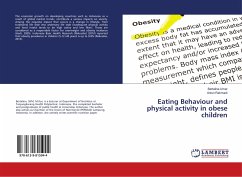Research indicates that obesity is linked to socio-economic factors and genetics. Both have an impact on whether a person is or becomes obese. The paper focuses on the impact of the change in food supply along with socio-economic factors, specifically access, time, and cost, and how these factors have affected the American obesity epidemic. This was assessed in part through a case study of the Smith Hill area of Providence, Rhode Island, a food desert that is comprised mainly of Americans near the poverty line, and the Wellspring La Jolla camp-a camp for overweight children from upper-middle class families. The study of this food desert is juxtaposed to a community of greater affluence. The availability of resources for both food and physical activity are considered. The poor rely on federally implemented physical activity programs to lose weight whereas the affluent are able to invest in a wellness program to lose weight. The obesity epidemic is examined, as it affects both the poor and affluent, as well as the institutional influences behind them.
Bitte wählen Sie Ihr Anliegen aus.
Rechnungen
Retourenschein anfordern
Bestellstatus
Storno








